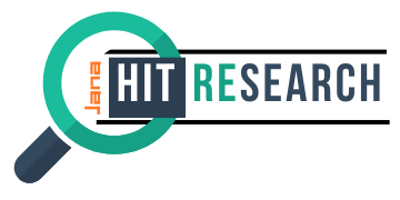Health Research, Monitoring and Evaluation
We help clients achieve program goals with research solutions that meet the ever-changing needs of the health sector.
JANAHIT RESEARCH finds answers to our clients’ most challenging research questions
We bring hands on experience of academic rigor, project experience in all over states of India, and extensive subject matter knowledge to deliver studies on-time and within budget. After establishing your scope, janaHIT Research health experts implement research designs to achieve sound data collection and analysis.
Whether your project’s success requires document reviews, interviews, surveys, fieldwork or quantitative analysis, janaHIT Research has implemented health surveys, research and evaluation projects large and small.
We select an approach that will produce high-quality, cost-effective results, and we specialize in sensitive topics. Our award-winning engagement strategies motivate participation, even in hard-to-reach populations.
Our team has long track record of success includes landmark studies for government agencies and major healthcare entities, including:
Hands on working experience in a Surveillance System of National and International organizations
Many Health Related Projects Funded by the ICMR, DHR, CSIR
Many Health Interview Surveys conducted by the Local agencies and NGOs and Community Organizations
Our research staff takes pride in improving health outcomes with novel solutions for the most pressing public health problems. JANAHIT RESESARCH offers expertise in areas ranging from behavioral science and biostatistics to epidemiology and toxicology, among many others.
Collecting data is only the first step. We build information systems, integrate disparate sources, and—most importantly—make data available to decision-makers in a timely and intuitive manner.
We know what makes a research project or health program succeed, and can identify innovation opportunities at international, government, and local levels. We isolate initiatives with the greatest potential impact, using a variety of methods:
Health research: Scoping studies, literature and documentary reviews
Evaluation: Primary and secondary data collection techniques, fieldwork, testing and validation, consensus building, analysis of key findings
Mutual Learning: Organising capacity building workshops, peer review exchanges and promotion of good practices.
By following the outlined processes, we ensure our research methods are always transparent, consistent, and well-documented.
Industries
Email: janahitresearchinfo@gmail.com
Phone: (+91) 89 77 212426 [IST] UTC +5:30
About Us
Services
Join in our Talent Community
